Oliver has three guests for dinner – see story below. [1]
My Swedish correspondent, bbnewsab, has encouraged me to relate some anecdotes about some of our furry family members.
To you who have not lived in the home of cats or dogs, you must first accept the concept of anthropocentricity. “Beyond Words, (Safina) will have a profound impact on many readers, for it elevates our relationships with animals to a higher plane. When your dog looks at you adoringly, even though he or she cannot say it, you can be assured that love is being expressed as you can when hearing any human declaration of eternal devotion. Most of us already knew that but have withheld ourselves from a full surrender to its implications.”[2]
With gene mapping from genome studies of humans, dogs, and chimpanzees, all of our genetics are remarkably similar;
Our differences are quantitative; not qualitative!
When Zhai and colleagues took their canine sequences and compared them with the human genome, the team found that sequences for things such as the transport of neurotransmitters like serotonin, cholesterol processing, and cancer have been selected for in both humans and dogs. After all, humans and dogs have shared the same living environment for many years.
In addition to sharing genes that deal with diet and behavior, dogs and humans also share diseases, including obesity, obsessive-compulsive disorder, epilepsy, and some cancers including breast cancer, wrote Ya-ping Zhang, a professor at the Chinese Academy of Sciences in Kunming (map), in an email. Jane Lee [3]
[1] Dinning with Oliver: Oliver is a seven-year-old miniature dachshund, who has lived with Jessica and Evan virtually his entire life. He is a “social eater”. He waits until both Jessica and Evan come home in the evening, even when one is late. He has taken to bringing guests to his table. He initiated this on his own: He has several stuffed animal friends who live in a basket. Here he has carried three friends to his dish, in order to join him for dinner.
I. From: Laura Grace Weldon: Are You An Anthropocentrist?[4]
http://therogerspost.com/2015/05/05/are-you-an-anthropocentrist/
Koko, a western lowland gorilla, has been taught American Sign Language and, according to her trainer, understands about 1,000 signs along with nearly 2,000 words of spoken English. Sometimes, when there’s not a relevant sign, Koko invents her own signs. For example, she “compounded the sign for scratch with the sign for comb to mean, “brush” (scratch-comb).”
Darwin as a kitten, here, bonding with the author. Now Darwin sits on the right side of my laptop supervising my writing.
Oliver enjoys sitting in his beach chair at the Ocean Shore.
II. Robert Sapolsky: Professor, Neuroscience of Stanford. A Primate’s Memoir[5]
http://therogerspost.com/2015/09/23/primate-humankind/
Sapolsky enlightened us, showing how primates, (baboons), have distinct personalities. Their social interactions and structures are very similar to humans.
“Its all right, he’s not hurting me.” Hall & Oats [Jessica & Evan]
III. From: Carl Safina:. In his new book, Beyond Words, marine conservationist Carl Safina chronicles animal behavior remarkably similar to humans. [6]
http://therogerspost.com/2015/09/30/animals-human/
Read the story of “Twenty-one” (The-leader-of-the-pack) “The best wolves are brilliant leaders that pursue lifelong strategies in order to lead their families to success. According to wolf watchers, the greatest wolf Yellowstone has ever known was Twenty-one (wolf researchers use numbers rather than names for individuals). He was big and brave, once taking on six attacking wolves and routing them all. He never lost a fight, but he was also magnanimous, for he never killed a vanquished enemy. And that made him as unusual among wolves as did his size and strength. He was born in the first litter of Yellowstone pups following the reintroduction of wolves in the park. Twenty-one’s big break came at age two and a half when he left his family and joined a pack whose alpha male had been shot just two days earlier. He adopted the dead wolf’s pups and helped to feed them.
A telling characteristic of Twenty-one was the way he loved to wrestle with the little ones and pretend to lose. The wolf expert Rick McIntyre said, “He’d just fall on his back with his paws in the air. And the triumphant-looking little one would be standing over him with his tail wagging.” “The ability to pretend, shows that [the dog] understands how [his] actions are perceived by others. It indicates high intelligence.” That many humans recognize this in dogs, but have failed to see it in wolves, speaks strongly of the need for Safina’s book. For dogs are wolves that came to live with us.”[2]
Oliver wearing his Lacoste tennis shirt; entertaining family friend, Tony
If you a laboring under the misconceptions that humans are a “higher” being than animals, get over it. Our genomes are different by a few percentages. Humans enjoy a far superior language skill with which we can more efficiently impose our will on other species. (Yuval Harari) [6] Some of us Sapiens believe our furry friends are also people with a moderately different set of skills. As everyone knows, dogs, e.g., have olfactory abilities many times greater than ours. They have loyalties that are legendary. Homing skills of birds exceed our understanding. Elephants can remember 1000 different elephants and people. Elephants bury their dead and revisit their graves.
George, reliable as Big Ben, waking the author up using his internal clock.
George went exploring and got a nose full of bike grease [Liz & Steven]
Addendum:
We had a cat who played the piano. He loved walking up and down the keyboard, repeatedly, making music in the middle of the night.
We had a cat who learned how to jump up and hang on door knobs, twisting ad opening the door.
I had a cat who admired himself in the mirror after he had been brushed,
Charles Clanton Rogers If you Like this, feel free to Reblog or Share
References:
[1] Oliver has friends for dinner.
[2] The Amazing Inner Lives of Animals
Tim Flannery, NYTimes, OCTOBER 8, 2015 ISSUE
[3] Jane J. Lee, National Geographic
PUBLISHED MAY 14, 2013
[4] From Laura Grace Weldon: Are You An Anthropocentrist?
http://therogerspost.com/2015/05/05/are-you-an-anthropocentrist/
[5] Robert Sapolsky: Professor, Neuroscience of Standford. A Primate’s Memoir
http://therogerspost.com/2015/09/23/primate-humankind/
[6] Carl Safina:. In his new book, Beyond Words, marine conservationist Carl Safina chronicles animal behavior remarkably similar to humans.
http://therogerspost.com/2015/09/30/animals-human/
[7] Sapiens: A Brief History of Humankind – Sapiens: A Brief History of Humankind is a book by Yuval Harari first published in Hebrew in Israel in 2011, and in English in 2014.


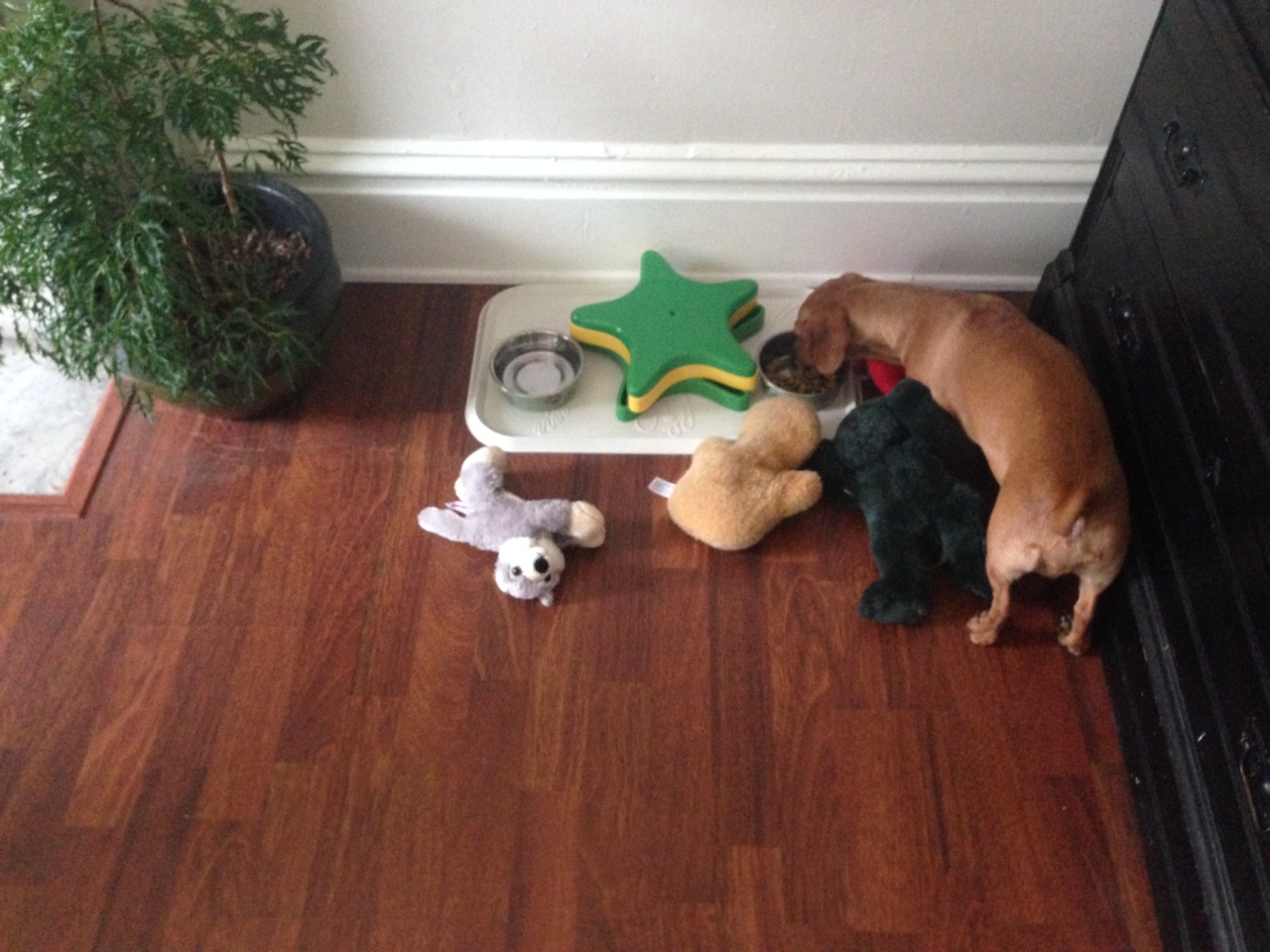

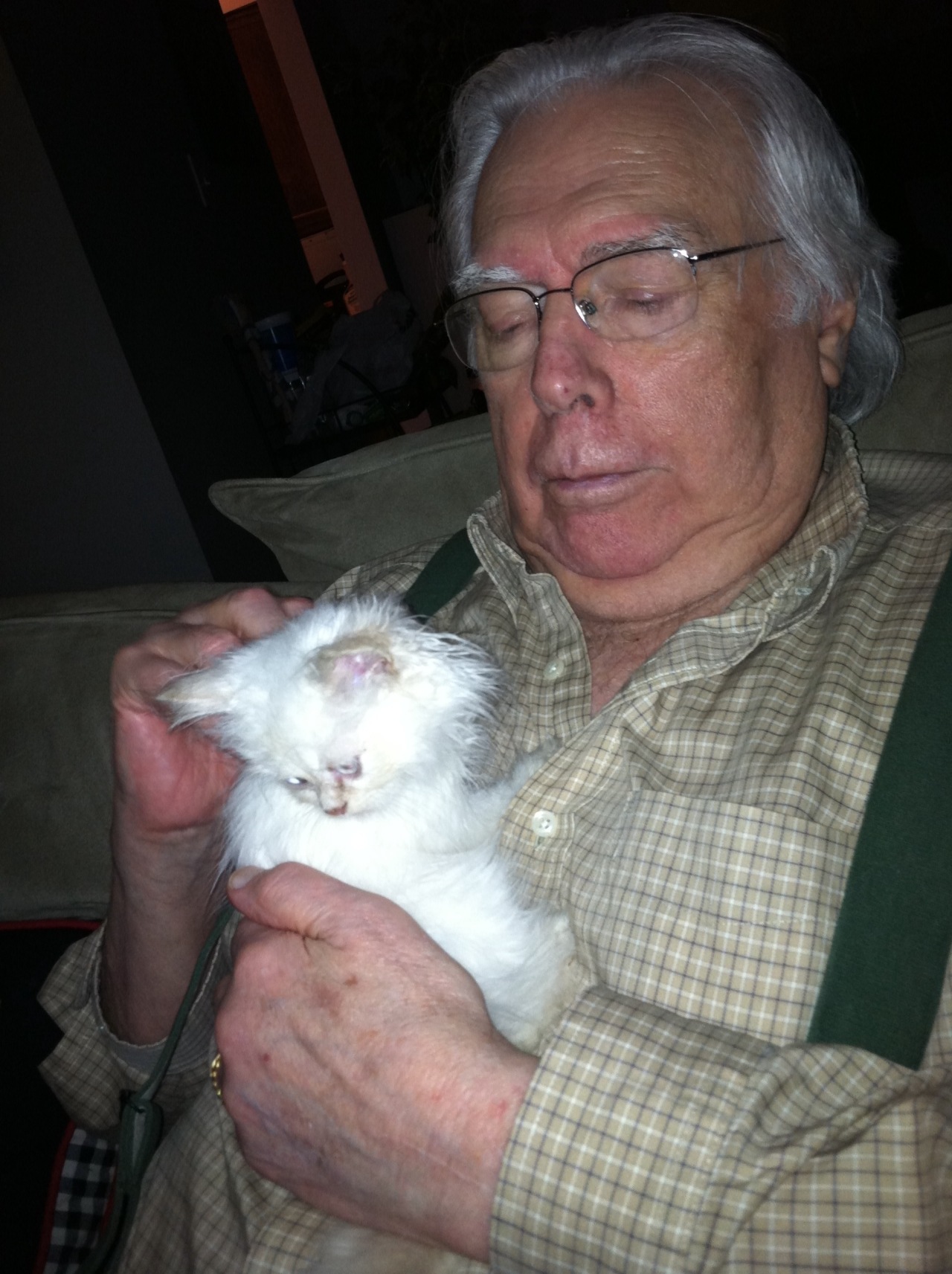

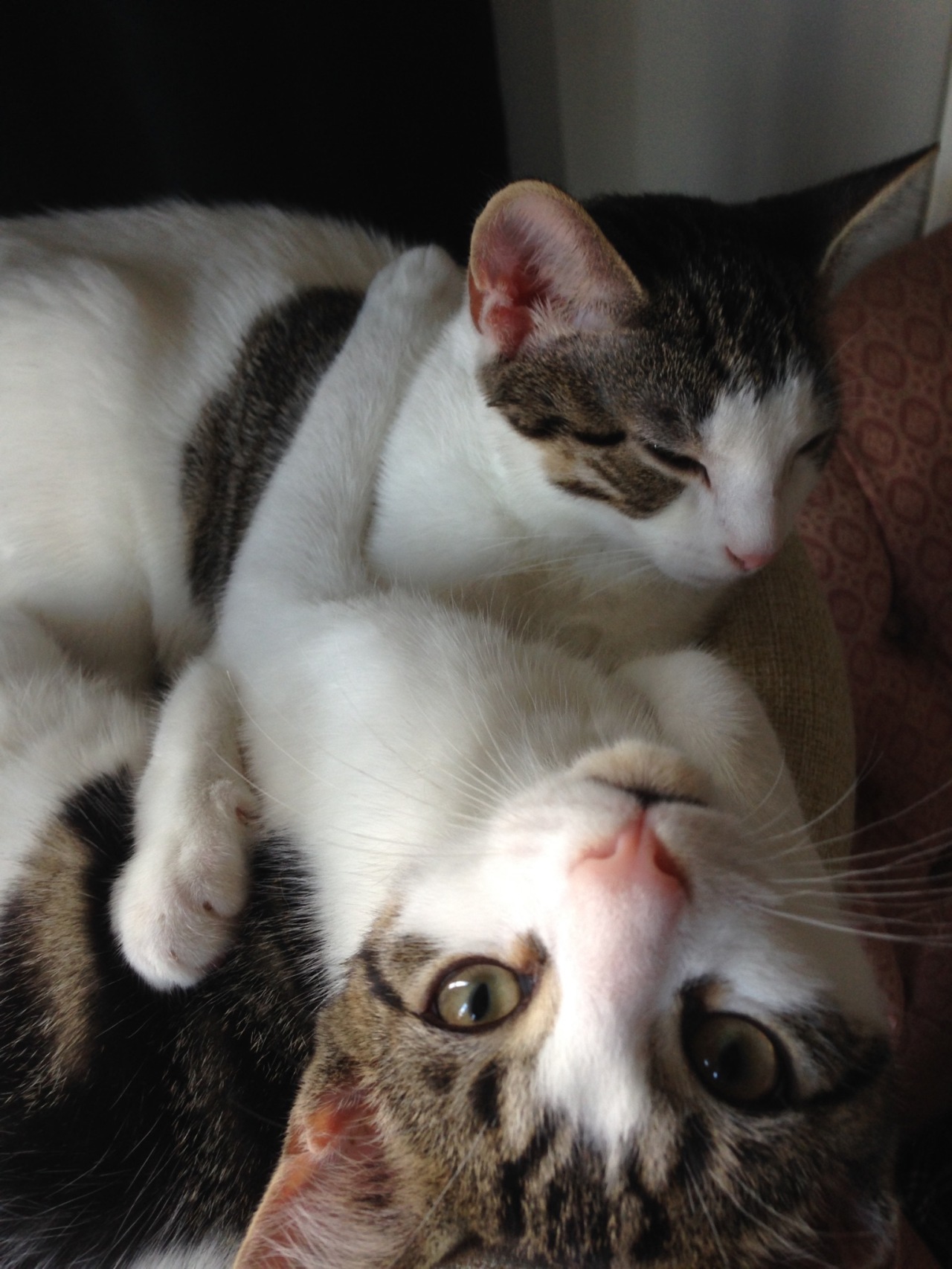
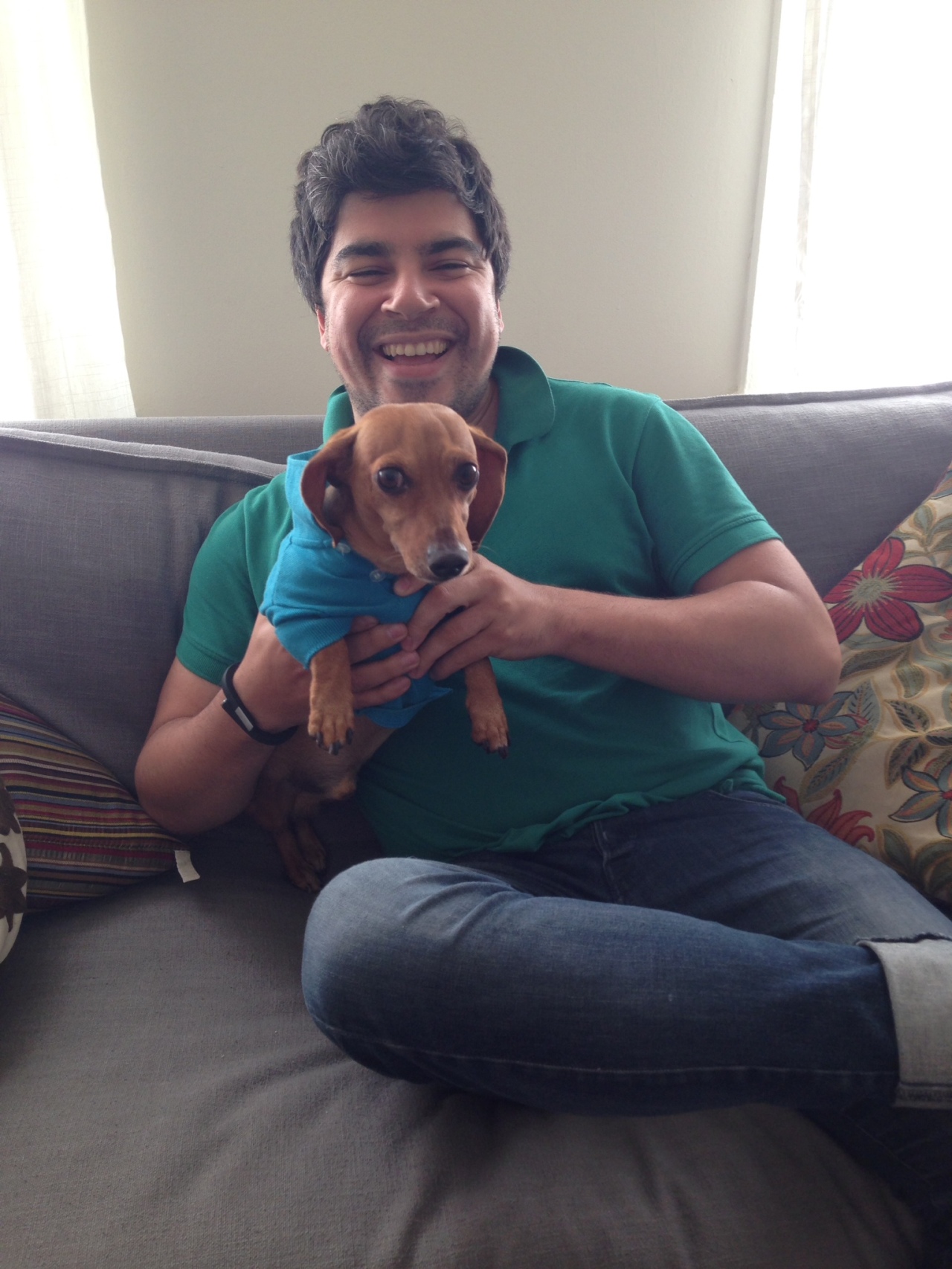
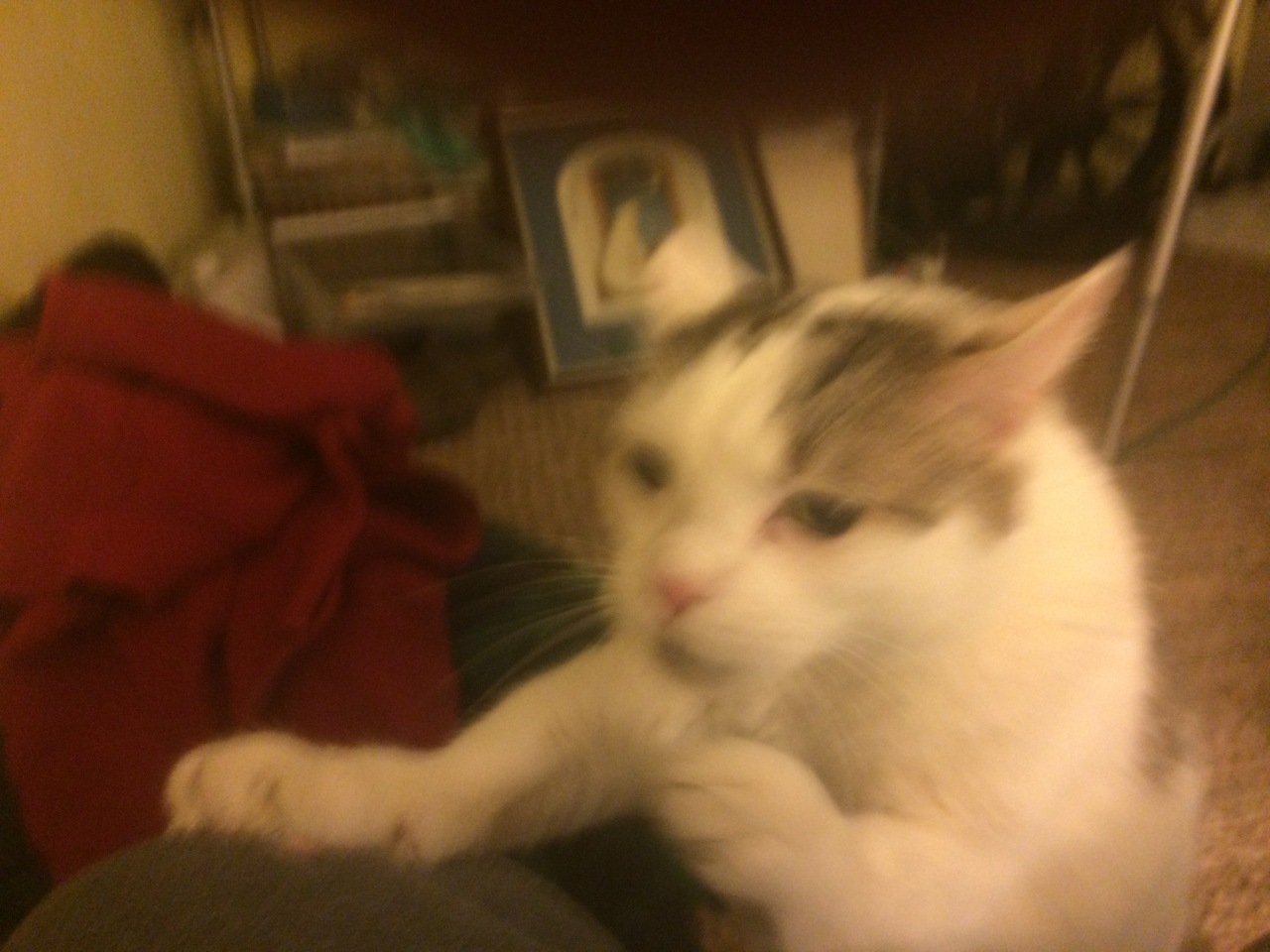
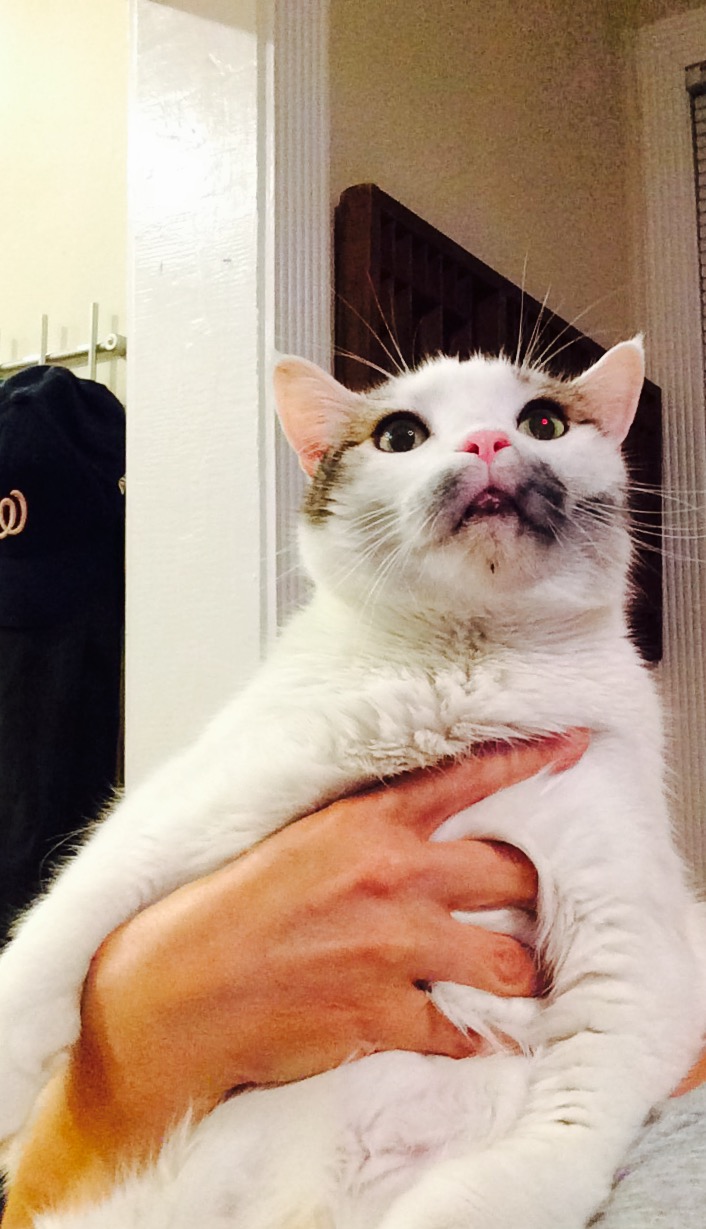

I love the story of Twenty-one. I support space exploration but firmly believe we should learn to communicate with the intelligent life forms we have on this planet (whales, elephants) before trying to reach out to life on other planets.
LikeLiked by 1 person
Great. Twenty-one is a beacon!
Live long and prosper.
c
LikeLiked by 2 people
Reblogged this on Mass Delusions a.k.a. Magical & Religious Woo-Bullshit Thinking and commented:
I chose to reblog this article because the blogger, my friend Charles Rogers, tells us about pets who act in a many different human-like ways.
Just some examples:
We are introduced to Oliver the Dog, who is a “social eater” who hates to eat alone and therefore always invites his stuffed animal friends (toys) to join him at the dinner “table”.
We get to know Koko, a western lowland gorilla, how has been taught ASL, the American Sign Language, and now has learnt, by her own, by using grammar, syntax and word construction, to combina different signs to form new meanings ans expressions..
We ca read about the extraordinary wolf Twenty-One, kind of the Einstein of wolves, seemingly had a ToM, Theory of MInd, thereby being able to understand how his actions and behavior would be perceived by other wolves.
I myself would like to add to this list of human-like animals also a bird, Alex the Parrot. Read about him here: http://seedmagazine.com/content/article/a_little_bird_told_me/ .
What could be better for an animal behavior researcher to study than a bird talking tha same language as the scientists themselves do?
All this makes it necessary to pose this relevant question: Are there any
Are there any traits or characteristics left to be regarded as unique and special for humans?
In this article, http://www.livescience.com/15689-evolution-human-special-species.html , ten human characteristics are proposed to be typical of moderns humans. Bur is it so? It’s up to you to decide.
The ten traits are: Speech, Upright posture, Nakedness, Using hand to make tools, Using fire, Blushing, Extraordinary brain power, Clothing, Long childhood, and Having a long life after the children have grown up and moved away from home.
There are many reasons to doubt those ten listed items. And even more reasons to doubt if we humans really are created in the image of an Almighty Creator God “Person”.
BTW, I hope you remember the news that all of us, at least outside today’s Africa, have a lot of Neanderthal genes in our genome. Why did God create Adam with those genes taken from the Neanderthals? It bewilders me a lot and I feel frustrated by not being able to understand why God used kind of second-hand genes to create a completely new being “in imaginem Sui”.
Finally a bonus: Read about Mike the Rooster a.k.a. The headless chicken: http://miketheheadlesschicken.org/history .
If Mike hade lived today, I think he could have been a celebrated GOP member, a primus inter pares (the first among equals).
LikeLiked by 1 person
What a wonderful post! I want to read more. Please, share your experiences of what just your pets have done, behaved, acted etc.
BTW, KK, what happened to George the Cat? The one who went exploring and got a nose full of bike grease? Anyhow, the photo of him made my day.
George seems to be so surprised. As if he thought: What the heck happened? Why are all now smiling at and wanting to take photographs of me?
LikeLiked by 1 person
I am pleased you enjoyed the pet post. My answer to your question: As you know, I admire Yusaf Harari’s “Sapiens” and of comparative genomics as well as close personal animal companions. I don’t believe that humans are unique. The one skill which we have exploited is a spoken and written language which has us to get large groups of people (Armies?) to cooperate (though often contentiously) in order to be the “dominant animal” on the planet -along with gun powder! So our difference with (other) “animals” is quantitative; not qualitative. I started considering this concept as a biology major in college in 1952 before the insight of Watson & Crick.
LikeLiked by 1 person
George is the best buddy of mine and a great example of a human-like soul. George was born with a club foot and the runt of his litter. His parents were feral; my son Steven (Sax) rescued him eight years ago. George is an example of “playing a poor hand, played WELL!
He behaves as if all cats have a limb deformity. He has many human qualities including telling time. He is a stickler for “Early to bed; early to rise” He supervises and regulates me, as a duty.
LikeLiked by 1 person
Four items in one comment:
#1) I just stumbled upon this article: http://www.wsj.com/articles/how-to-defeat-religious-violence-1443798275 .
About humans as a meaning-seeking & identity-seeking “animal”. We need to find more “secular” meanings in our lives and more possibilities to confirm, give us, an identity with which we can feel (more) comfortable. Follow this advice, and it will be easier to combat the Islamic State warriors.
#2) George the Cat seems to be kind of aware of his own identity (self). Well, I know it’s easy to be anthropomorphizing our pets. But now and then things happen, and behaviors are shown, that should make us wonder how much our furry pets really understand from a ToM point of view.
#3) And what’s going on in the brain of this dog: https://www.youtube.com/watch?v=ysKAVyXi0J4 . This seems to be real happiness. an awesome moment for both parts.
#4) And finally: What do you think happens inside the head of this bear (seen in this video clip) when he noticed a crow in acute need of help: https://www.youtube.com/watch?v=gJ_3BN0m7S8&feature=player_embedded .
Maybe he is a reincarnation of Jesus?
Is this an example of genuine altruistic behavior or is it something else? If so, what can it be?
What’s your take on that? (My question is asked not only to KK but all members of this RWT Tribe.)
LikeLiked by 1 person
See my previous answer. All living things have closely related genes/DNA/genomes! The dog, cat, bear and man are not qualitatively different. Common ancestor. Humans communicate best, therefore, are mostly in charge. Be humble, my friend.
LikeLiked by 1 person
Time for a little quiz. The winner will get a little can of cat food to enjoy.
Have a look at this quote: “Twenty years from now you will be more disappointed by the things that you didn’t do than by the ones you did do, so throw off the bowlines, sail away from safe harbor, catch the trade winds in your sails. Explore, Dream, Discover.”
Who wrote this?
Was it:
A. Mark Twain
B. Charles Rogers (the medicine man of this RWT Tribe a.k.a. KK)
C. Darwin the Cat
D. Oliver the Dog
E. George the Cat
Write your answer here in the comment field.
LikeLike
Mark Twain (I cheated – but, now I do now remember reading him/ on that)
I and mine have for years lived by “one will most regret what you didn’t do; not what you didn’t accumulate!
LikeLiked by 1 person
Yes, Mark Twain is the right answer. But because you cheated you can’t get the promised prize, a can of cat food.
But here’s a tip from me. Why not ask Einstein or Darwin, your two cats, if they are ready to share their dinner with you?
Or why not ask Oliver the Dog? He always want dinner company, social eater as he is. But then I suppose there will be dog food on the menu. What about a juicy meaty bone to gnaw on? 😀
Sounds like a better choice than canned cat food. Or?
LikeLike
My own guess is E. George the Cat.
But if Mike the Rooster (a.k.a. the headless chicken) had been among the names to choose from, I would have suggested him.
LikeLike
Have you read this beautiful story about a, sort of, ménage a trois: http://talesfromtheconspiratum.com/2015/10/01/my-husband-fell-in-love-with-a-bonobo/ .
Written by “the ‘rejected’ woman”.
About a man who had a “love affair” with a bonobo. A very chaste one. no porn at all.
Well worth reading.
Why not have your say here in the comment field afterwards?
LikeLike
OK, in the meantime, have you read your e-mails?
See several from me and one from Victoria.
K
LikeLike
Well, that is a beautiful story underlining this topic we have been on all day.
These “animals” are not just animals OR better said: We are animals! But then we’ve known that at least since Charles Darwin.
When I was in college (1952-1956) I took and then taught embryology and comparative anatomy, and Mendelian genetics (fruit flys, etc.) common biology was a obvious as gravity! Before Watson & Crick & DNA . Then then the G-C& A-T common chemistry – genomics.
The only adults who don’t understand this are the “scared-to-death-absolute-deny-everything-but-the-KJV-Bible- 6000y/o-earth-dynsasours-walked-with-men-after-the-flood-God-is-a-White-man-with-a-gray-beard-Santa-Claus-group!
K
LikeLiked by 1 person
Your comment above, KK, makes me wanting to remind – and recommend – you to write more memoir-like blog posts.
You should share more episodes taken from your own history (from childhood and onwards) , your (both private and vocational) life experiences, your thoughts (both yesterday and today, i.s. how they have changed over time), (more of) your reading experiences and so on.
When – and by – doing that, your blog is at its best.
And don’t be afraid to now and then reblog your own pieces of memoirs posted earlier on this blog. They should not sink into oblivion as is the case today.
If I were you, I should have as a priority #1 to implement a tag cloud. And ONE tag should be “Memoir-like stuff” or something like that.
I can’t be the only one in this RWT community who wants to know this sage and wise man, who created this wonderful oasis-like blog, better. And think of your own children. Think also of them. Think of what a great gift for them my suggestion (of more memoir-like blogging) would be when you are no longer with them (us).
Please, KK, remember what is said in Matthew 5:15: Neither do men light a candle, and put it under a bushel, but on a candlestick; and it giveth light unto all that are in the house.
So, why are you hiding your lit candle under a bushel, KK?
Let it be seen!
LikeLiked by 1 person
Your wish is my command, Obi-Wan!
K
LikeLike
http://therogerspost.com/2015/06/17/what-we-leave-is-a-prayer-1/
LikeLike